Stuttering: Is It Alarming? What Is Stuttering? Stuttering is common in early childhood as they learn to communicate. When a child’s speech and language abilities aren’t mature developed enough to keep up with what they want to say, they may…

Home Healthcare Services in Pakistan

Stuttering: Is It Alarming? What Is Stuttering? Stuttering is common in early childhood as they learn to communicate. When a child’s speech and language abilities aren’t mature developed enough to keep up with what they want to say, they may…

What Is Speech Therapy And How Can It Be Provided At Home? Speech therapy is one of the most common techniques that help in the development and enhancement of proper speech. Some people struggle with the pronunciation of various words,…

The Importance Of Speech In A Society Since the beginning of time, every civilized nation and colony has laid great emphasis on communication. As speech has always been a vital component for surviving, struggling with proper deliverance of speech may…

Life is running very fast and in this modern era, it is very difficult to coop up with the pace of life. Besides this, when your loved ones suffer from a depleted condition, they struggle very hard to perform their…

Bone damage and decrease in muscular strength can be due to many reasons. Some to name are age, severe health conditions like strokes, accident, injury, or delayed growth. However, in many cases, we can overcome these lacking. With professional physiotherapy…

There come times when we all have to deal with a sick, elderly, or adult at our homes. In the worst-case scenario, you might need to deal with their mental or physical challenges and limitations. Besides, many other, right constructive…

In Pakistan, the real beauty of home health care lies under the wide range of services it provides to patients. For an individual suffering from illness or injury to an elderly patient who simply needs assistance and care in the…

Now one can take care of your loved one better than you. Indeed, only you can provide warmth and support, support for innumerable household and personal duties. Not to mention, with your unreserved affection. Unfortunately, for people with disabilities, life…

Taking care of a sick, disabled, or older person is a time-consuming job. Plus, it demands a considerable amount of energy, skill, and persistence. Plus, the caregiver needs to sacrifice much of his personal life to do the job. This…

COVID-19, short for “coronavirus disease 2019,” is an infectious disease caused by a new virus. The disease causes respiratory illness (like the flu) with symptoms such as a cough, fever, and in more severe cases, difficulty breathing.
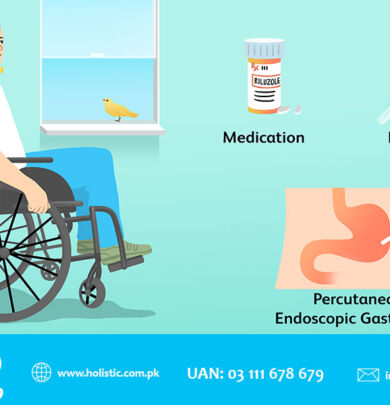
Amyotrophic lateral sclerosis (ALS), also known as Motor Neuron Disease (MND), or Lou Gehrig’s disease, is a disease that causes the death of neurons controlling voluntary muscles. ALS is characterized by stiff muscles, muscle twitching, and gradually worsening weakness due…

Scleroderma is an autoimmune, rheumatic, and chronic disease that affects the body by hardening connective tissue. “Connective tissue” adds strength to organs and other parts of the body and is made of many kinds of proteins. Symptoms of Scleroderma Hardened…
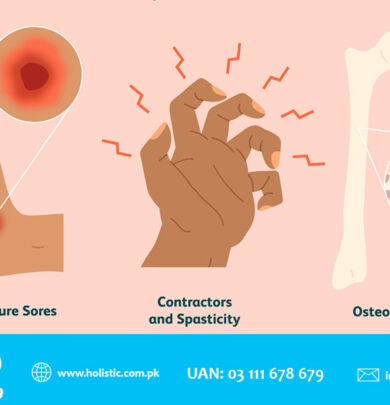
Multiple Sclerosis (MS) is a serious neurological disorder and a potentially disabling disease of the central nervous system which consists of the brain, spinal cord, and optic nerve.

CF or Cystic Fibrosis is a hereditary disorder affecting the exocrine glands. It causes the production of abnormally thick mucus, leading to the blockage of the pancreatic ducts, intestines, and bronchi, often resulting in respiratory infection. It is an inherited…

Fibromyalgia is a disorder characterized by widespread musculoskeletal pain accompanied by fatigue, sleep, memory and mood issues. Researchers believe that the disorder amplifies painful sensations by affecting the way your brain processes pain signals. Symptoms Main signs and symptoms include:…
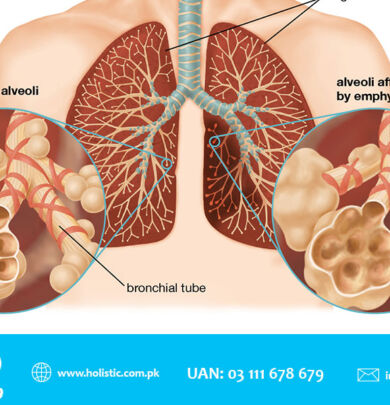
Chronic Obstructive Pulmonary Disease (COPD) is a common lung disease. Having COPD makes it hard to breathe. There are two main forms of COPD: Chronic Bronchitis, which involves a long-term cough with mucus and Emphysema, which involves damage to the…
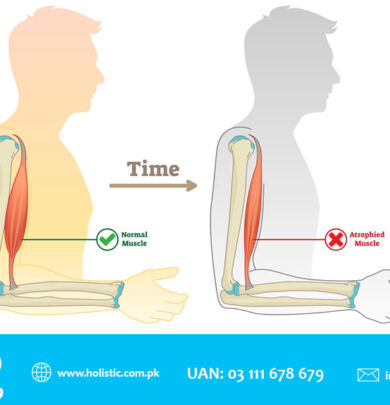
Muscular Dystrophy is a group of diseases that cause progressive weakness and loss of muscle mass. In muscular dystrophy, abnormal genes (mutations) interfere with the production of proteins needed to form healthy muscle. Overtime, MD results in increasing the weakening…
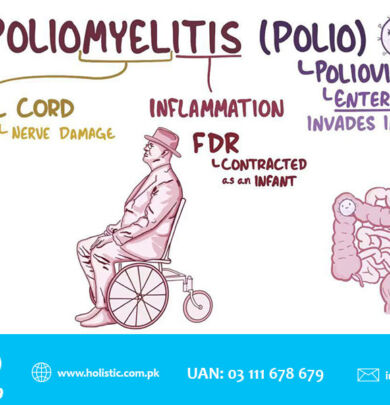
Poliomyelitis or Polio is an infectious viral disease that affects the central nervous system and can cause temporary or permanent paralysis.
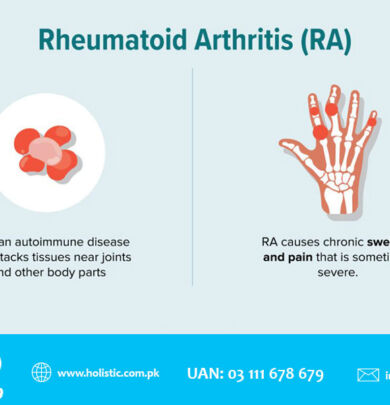
Rheumatoid Arthritis or RA is a chronic inflammatory disorder that can affect more than just your joints. In some people, the condition can damage a wide variety of body systems, including the skin, eyes, lungs, heart and blood vessels. Signs…

Schizophrenia is a long-term mental disorder involving a breakdown in the relation between thought, emotion, and behavior. It leads to faulty perception, inappropriate actions and feelings, withdrawal from reality and personal relationships into fantasy and delusion, and a sense of…

Bipolar disorder, also known as manic depression, is a mental illness that brings severe high and low moods and changes in a person’s sleep, energy, thinking, and behavior. People who have bipolar disorder can have periods in which they feel…
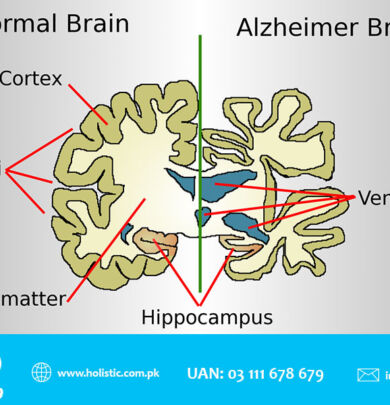
Alzheimer’s disease is a progressive mental disorder that is caused by mental degeneration which is most likely to start around middle and old age. This is the first sign of senility in a person. There are causes and risk factors…
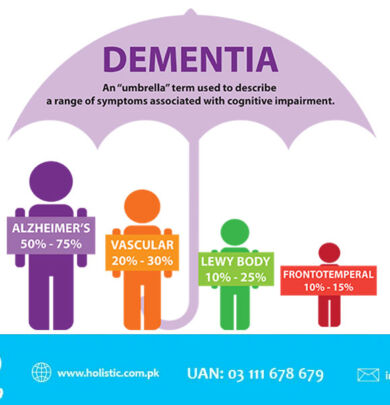
Dementia is an overall term for diseases and conditions characterized by a decline in memory, language, problem-solving, and other thinking skills that affect a person’s ability to perform everyday activities. Memory loss is an example. Alzheimer’s is the most common…
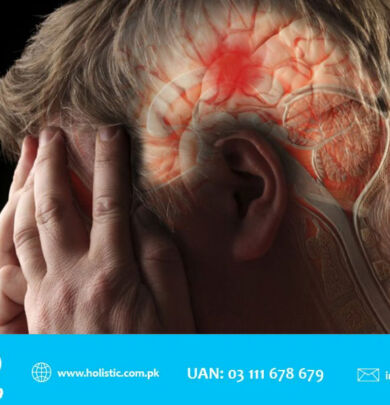
A stroke is a sudden interruption in the blood supply of the brain. Most strokes are caused by an abrupt blockage of arteries leading to the brain, which is usually referred to as an ischemic stroke. Stroke is a disease…
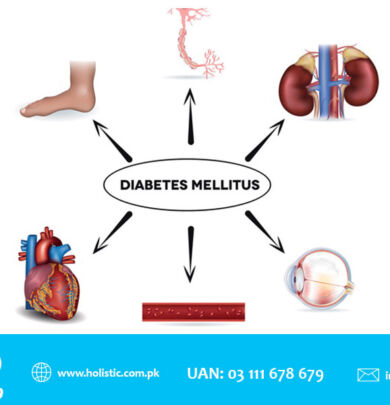
Diabetes Mellitus refers to a chronic group of diseases that affects how your body breaks up the glucose level in the blood. This glucose is produced after meals and any other food item we eat during the course of the…
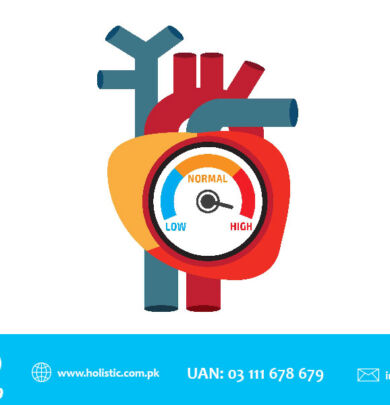
As the name implies, Hypertension does not refer to increased nervous tension per se but another name for high blood pressure. It can lead to severe health complications and increase the risk of heart disease, stroke, and sometimes even lead…

Systemic Lupus is an autoimmune disease that occurs when your body’s immune system attacks your own tissues and organs. Inflammation caused by lupus can affect many different body systems and organs such as kidneys, liver, heart, and eyes to list…

The new coronavirus COVID-19 is a respiratory virus, the spread of which is presenting an unprecedented challenge for countries around the world. The speed at which the virus is spreading is alarming. Let’s have a look at the steps you…
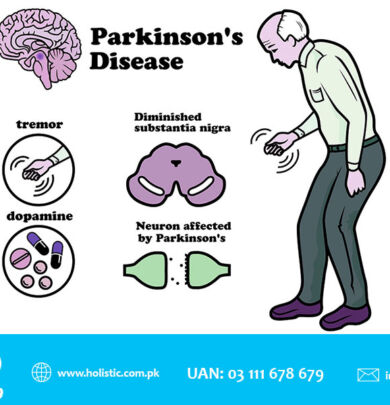
Parkinsons Disease or PD is a debilitating condition found mostly in elderly individuals. In this condition, the patient has no control over their muscles, making their life unmanageable. Moreover, they are unable to move about on their own. The person…
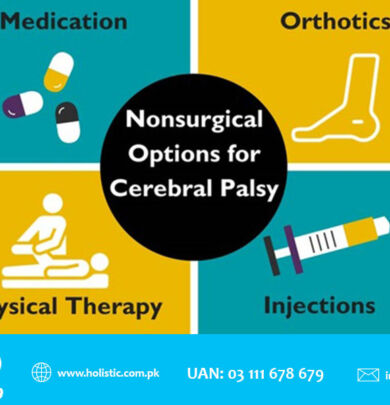
Cerebral Palsy is a condition that affects muscle movement and coordination. It is caused by damage to the brain and hinders the body’s ability to move in a purposeful or coordinated way. Usually, signs of CP appear in early childhood.

Qualified Speech and Language Pathologist We have a team of qualified Speech Therapists and Language Pathologists who go above and beyond therapy to help people achieve the power of communication and quality of life they want. For children or elderly…